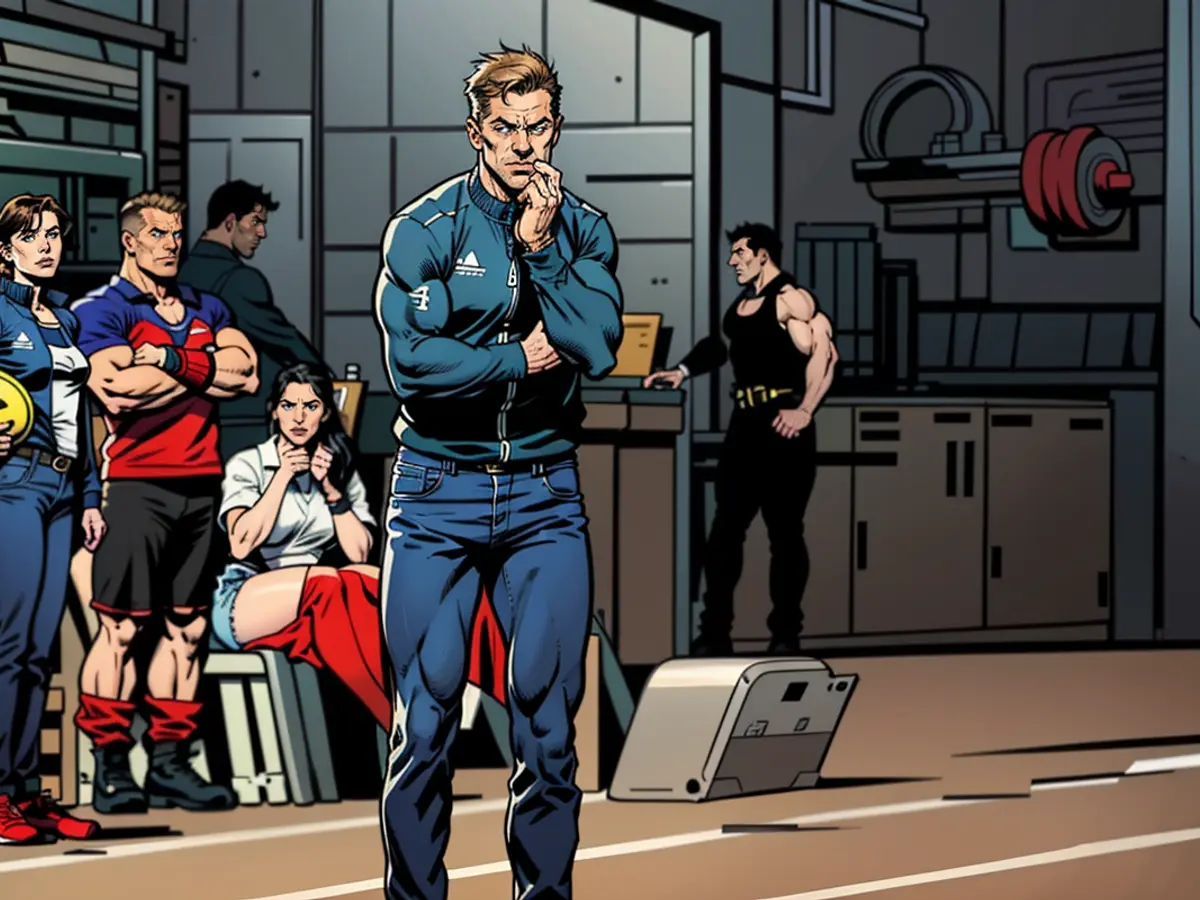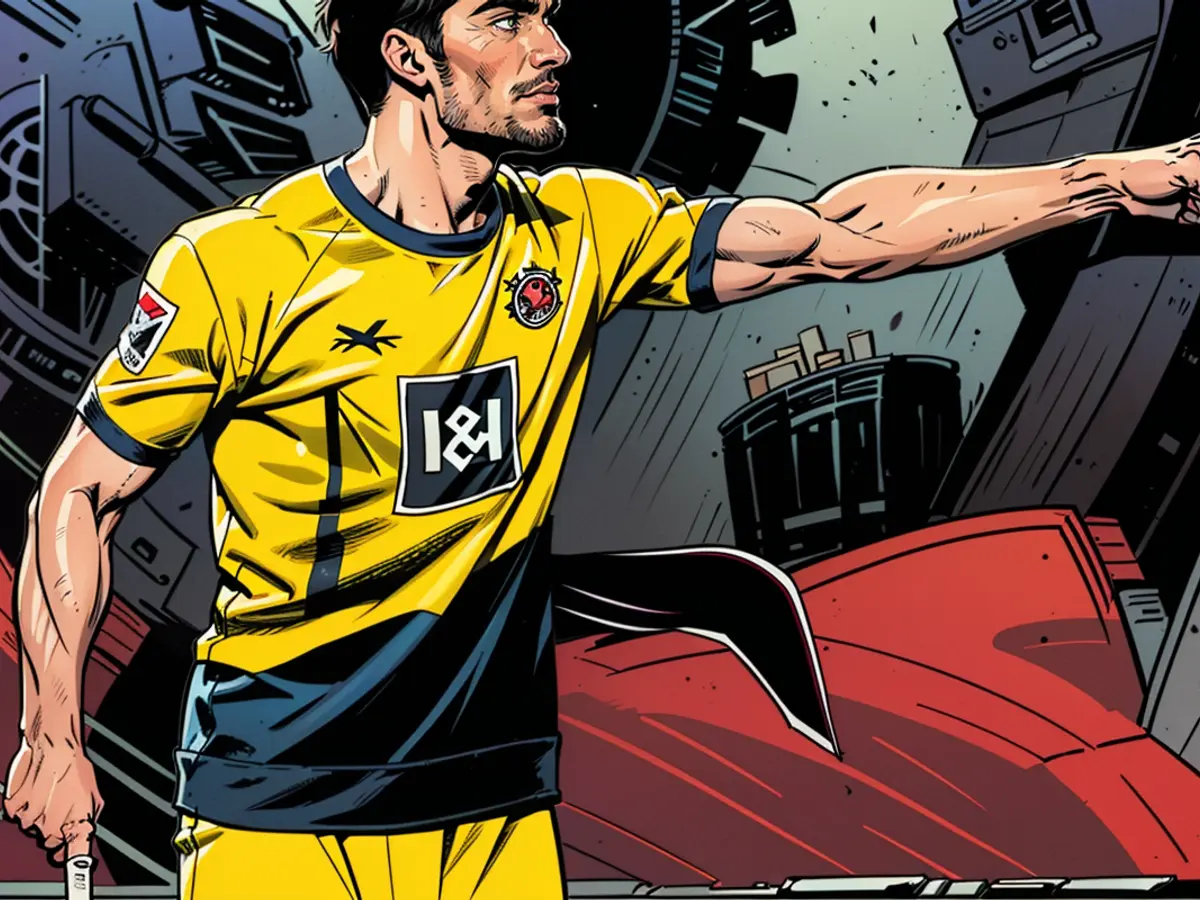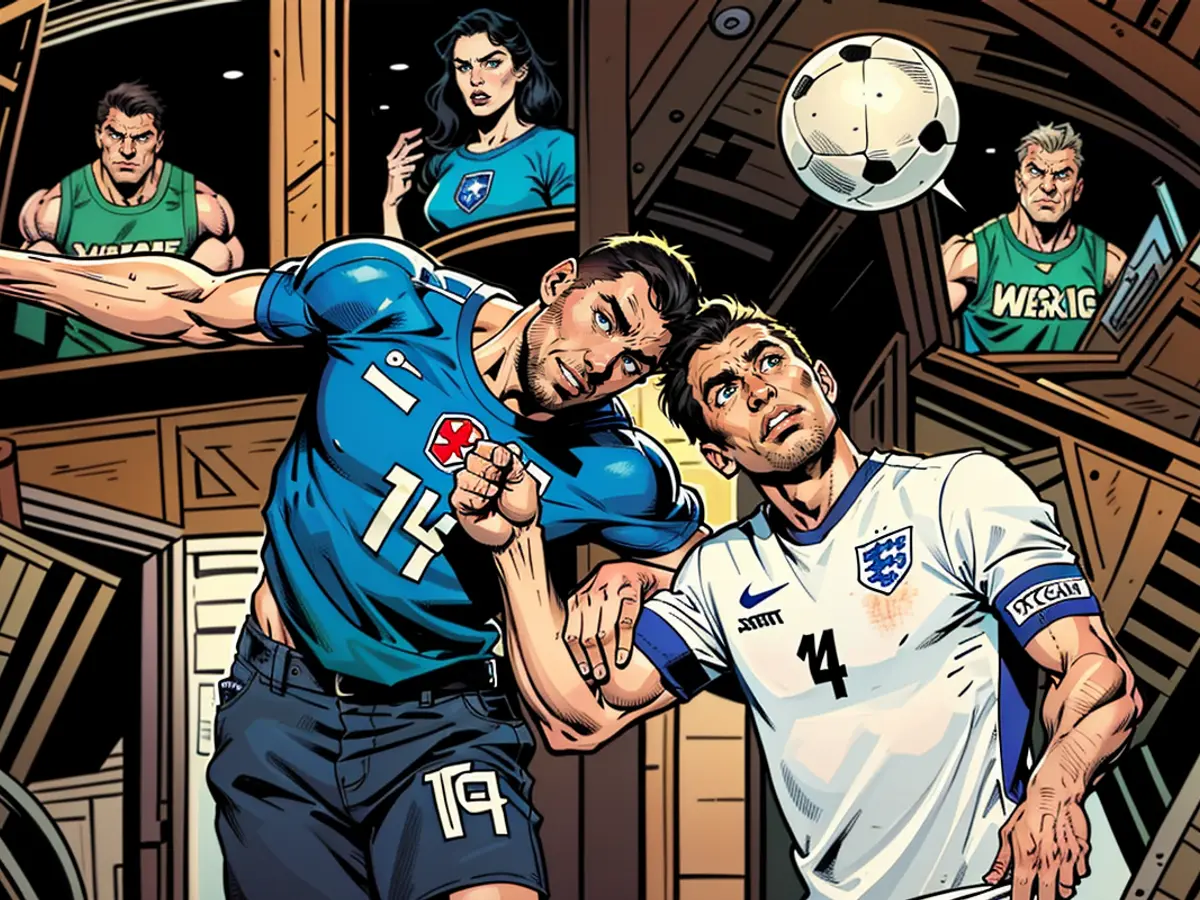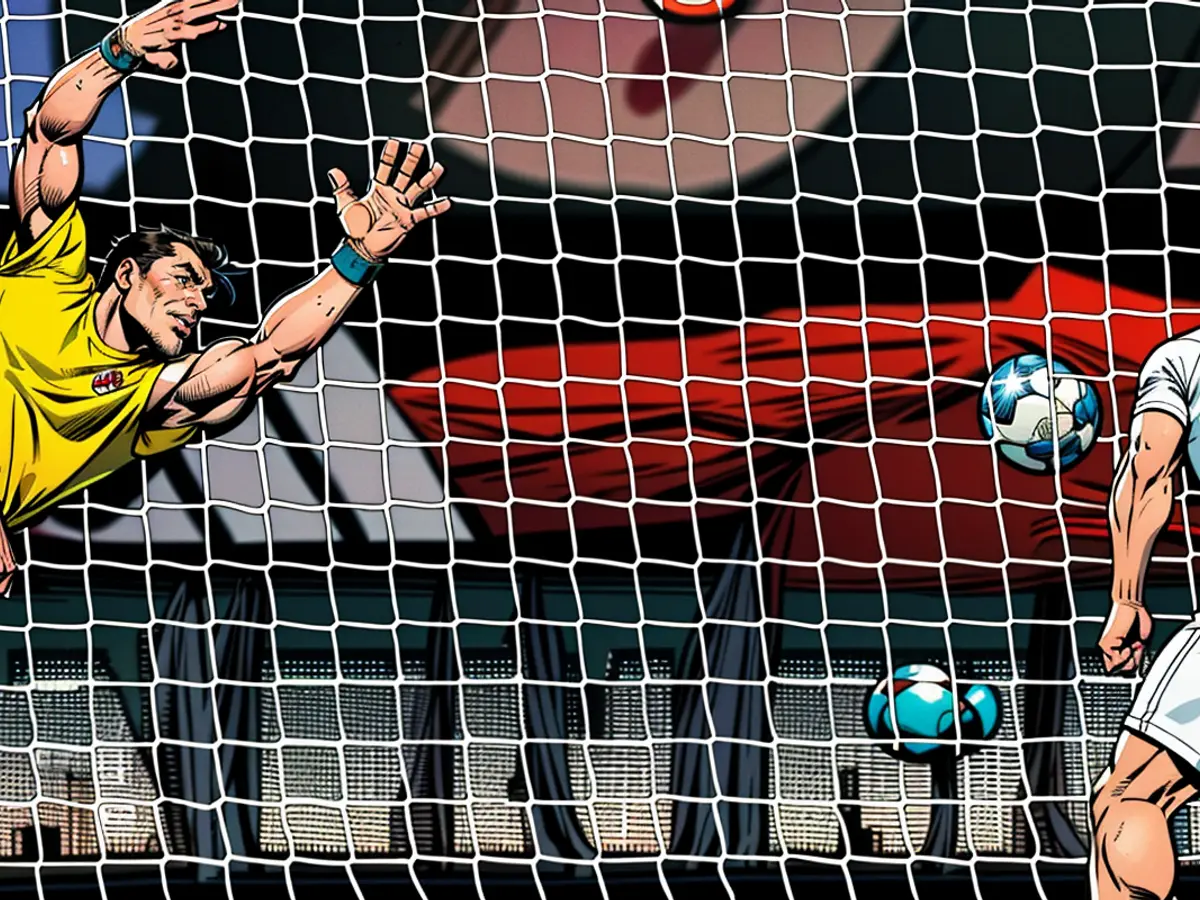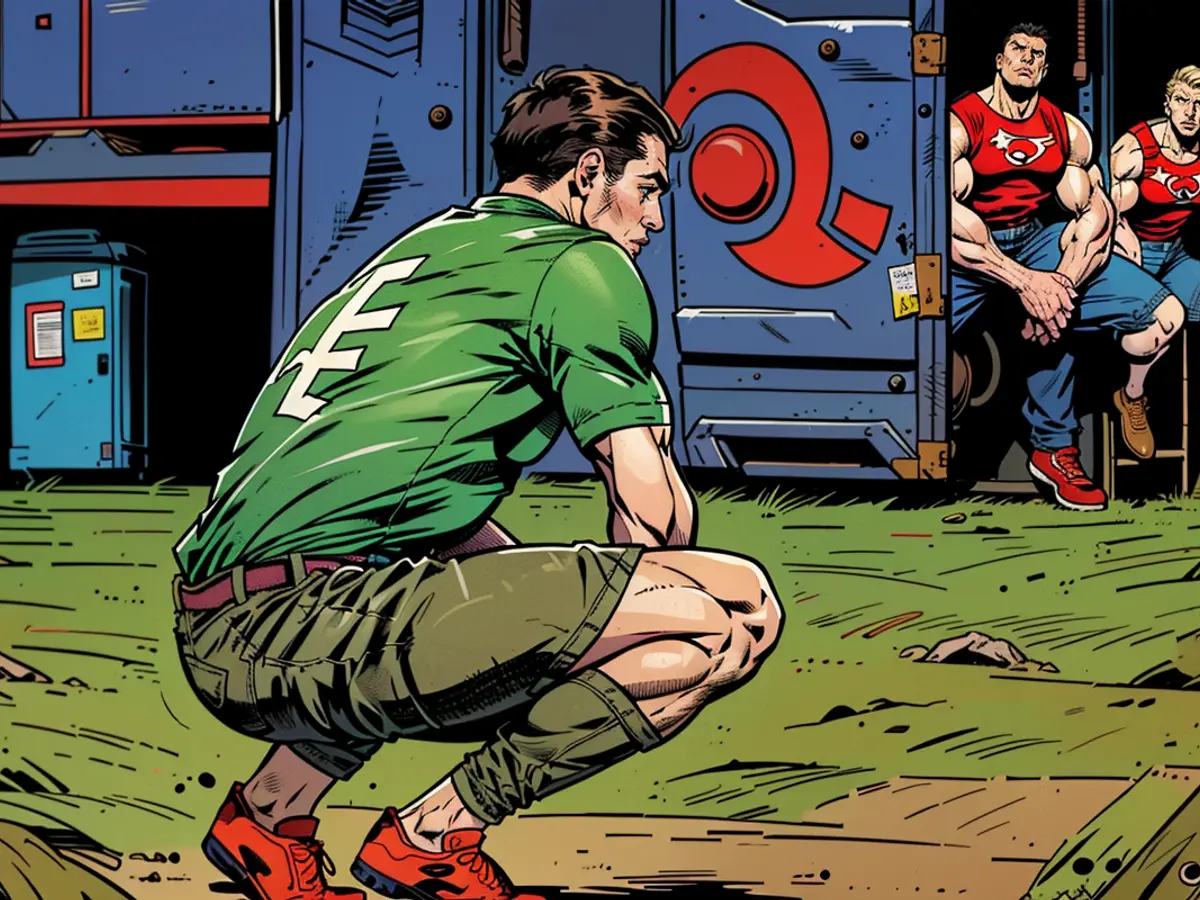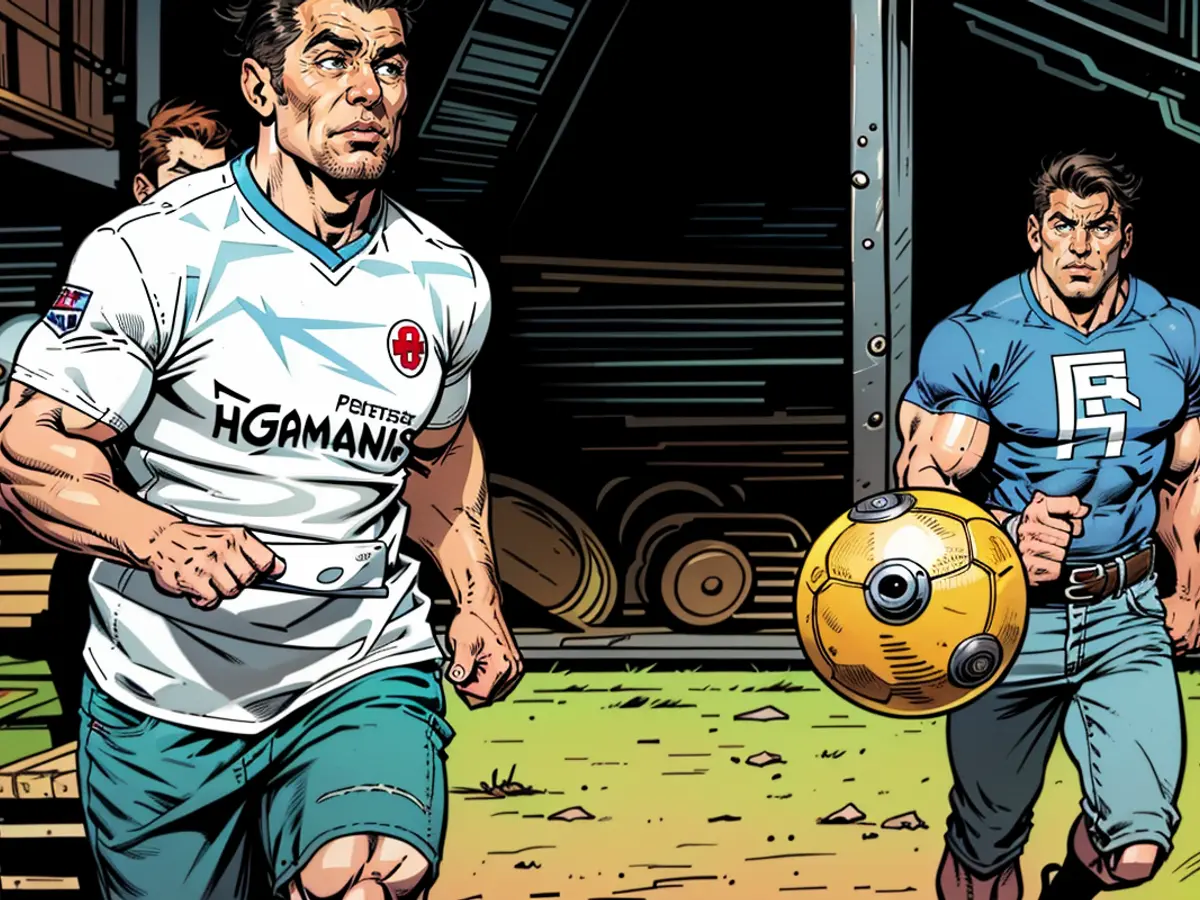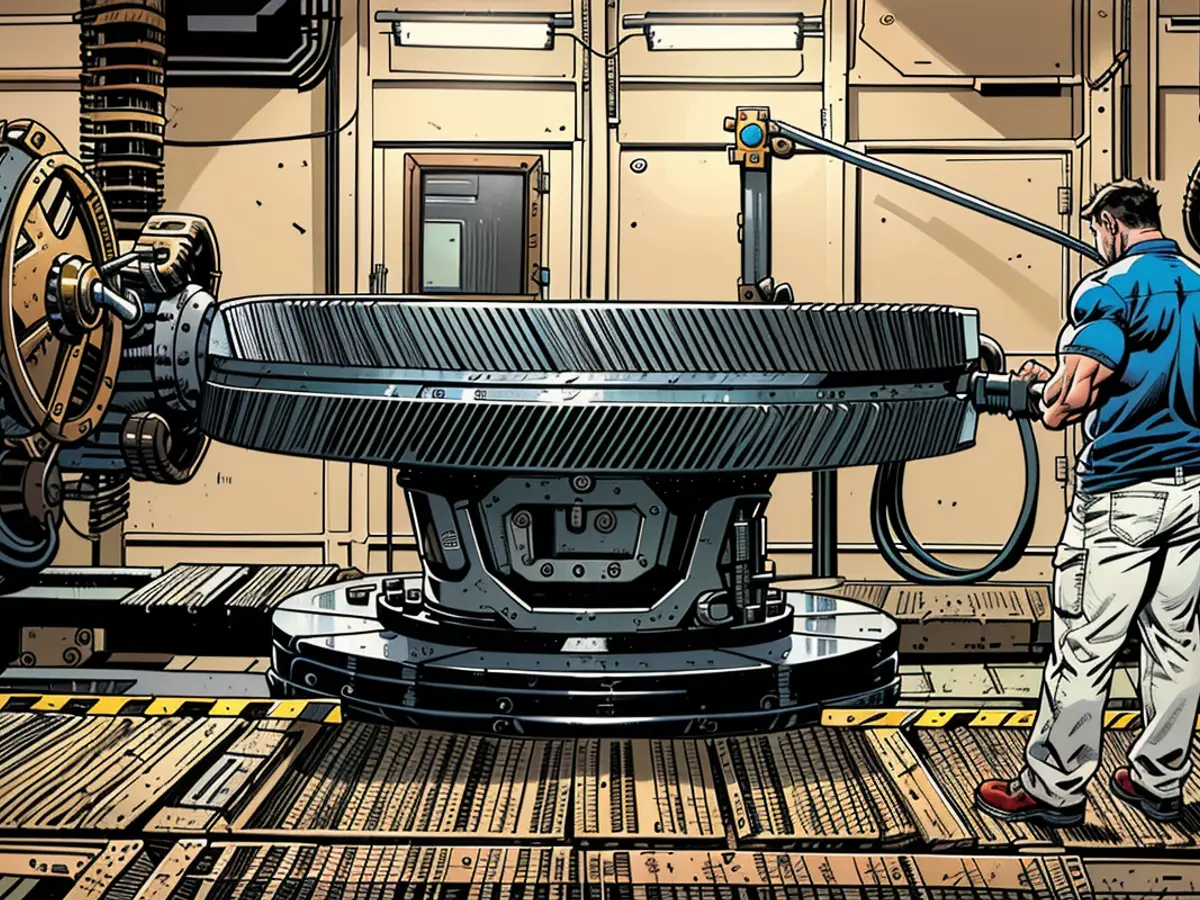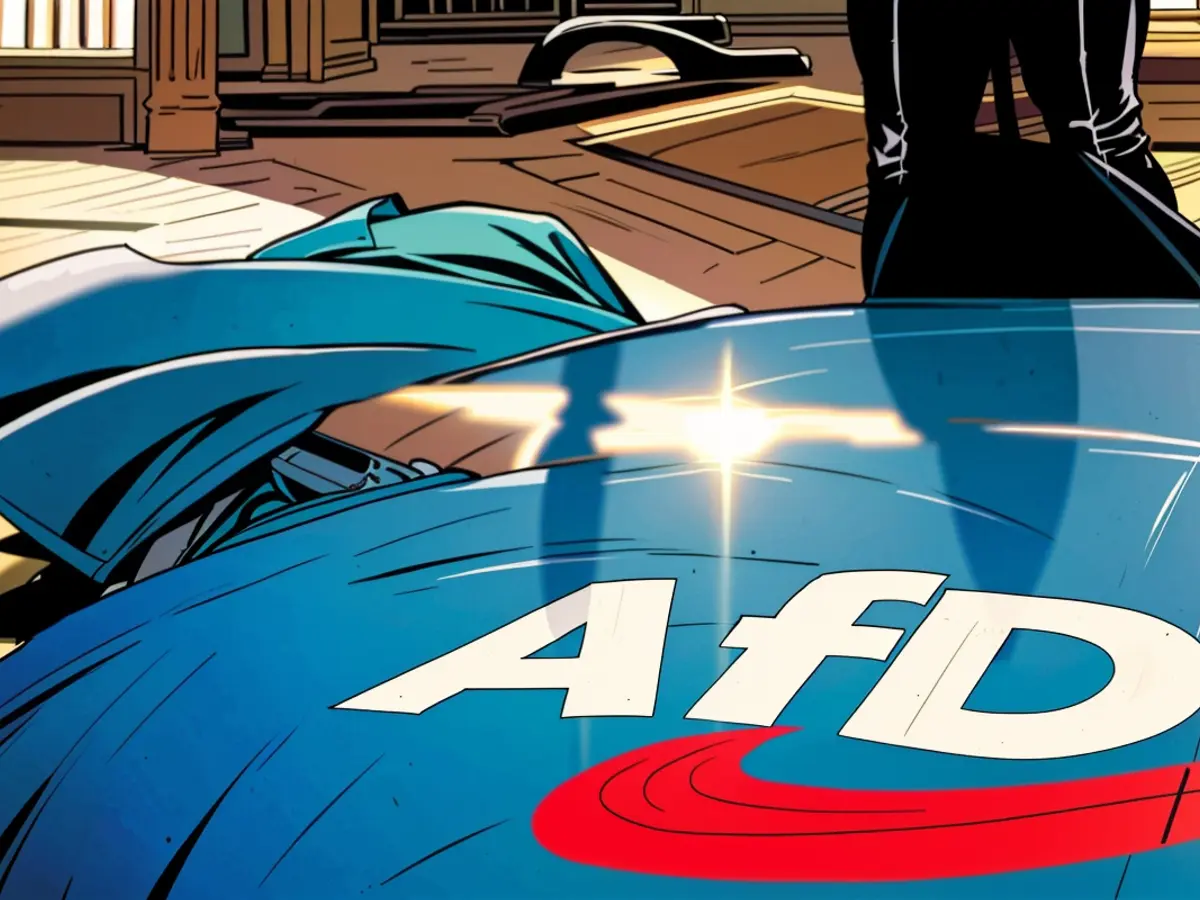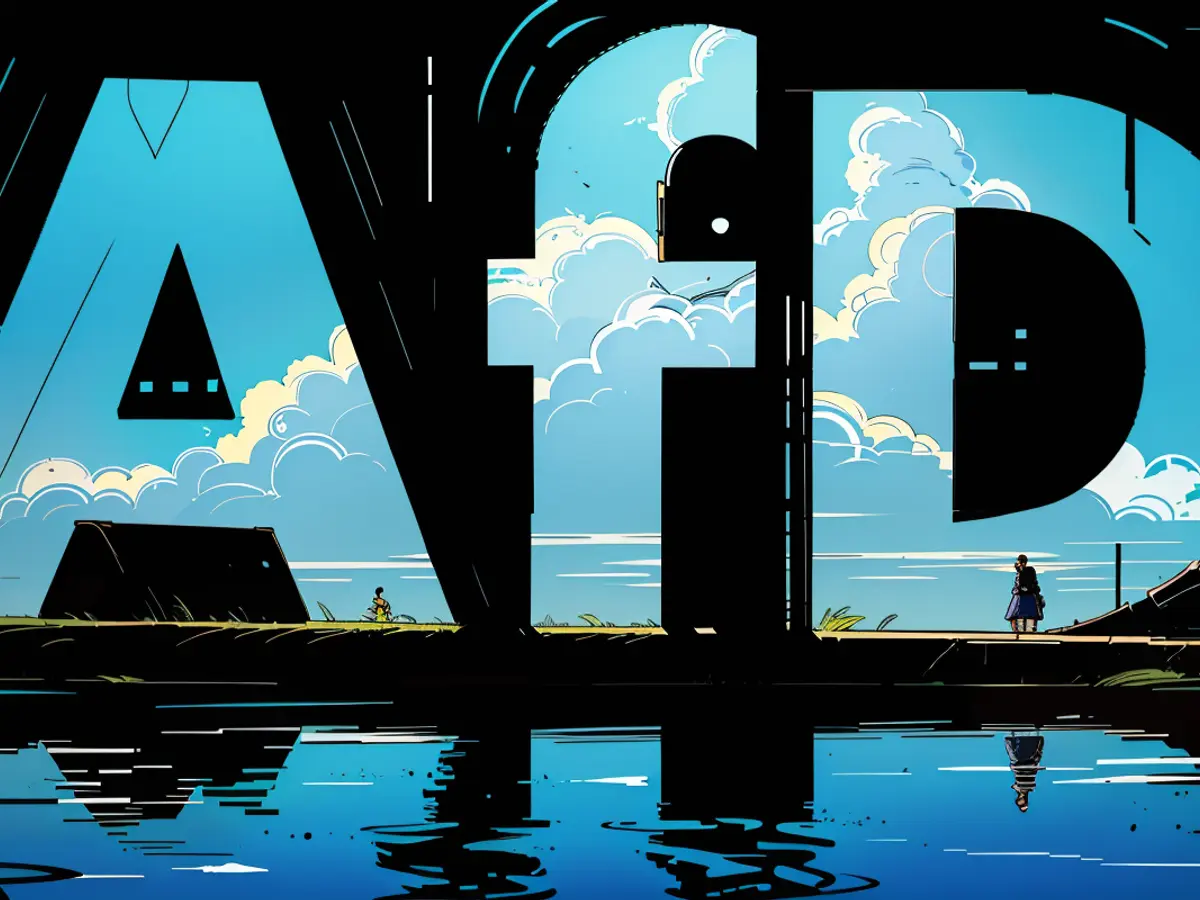Which European Championship hopeful's dreams will be shattered in the final stretch?
Nagelsmann felt immense pressure prior to the European Championships: His mission was to turn the German football team into a championship contender. With two victories in March, he managed to instill hope within his team, and the dream of soaring progression was back on the table - a common sentiment in a nation brimming with European champions. There was also an emotional aspect to his task: Nagelsmann's role included both fueling the inhabitants' dreams and shattering their European Championship dream.
Currently, Nagelsmann was responsible for monitoring 27 players, and following the final test match against Greece (Friday, 8:45 p.m./RTL, RTL+, and live ticker available on ntv.de), he had to name the 26 professionals he wanted to take to the European Championship. Here's a list of the most plausible alternatives.
Nagelsmann's preparations went smoothly: His time in Thuringia, where he brought his squad together, the Champions League final featuring four DFB players, and the group of players in the training camp in Herzogenaurach, resulted in only minor issues. The only concern was Leroy Sané, who harbored a history of injuries.
However, Sané had made excellent progress and was in great shape: "Things are looking up. I'm doing great. We're working well with the physios and doctors," Sané mentioned recently. Nagelsmann promised Sané playing time: "He deserves to get into the starting lineup. But he has to train and will play against the Greeks," stated Nagelsmann after the 0:0 against Ukraine.
One goalkeeper must depart
Nagelsmann had selected four goalkeepers: Manuel Neuer, Marc-André ter Stegen, Oliver Baumann, and Alexander Nübel. Since Neuer was injured, one of the other three would have to be replaced if his injury did not heal. The coach seemed unlikely to chase after his replacement in the goalkeeper quartet.
This situation was unprecedented - no DFB squad had featured four goalkeepers prior to a tournament - but Nagelsmann supported the concept with an argument of higher training quality and more efficient load management. Additionally, there was speculation that one of the four goalkeepers would be replaced to reduce the workload on Manual Neuer, who frequently suffered from minor injuries after his catastrophic leg problem.
Trend: All four goalkeepers were likely to remain in the squad. However, one of the field players would have to bid farewell. If Nagelsmann changed his mind, it could be Alexander Nübel: Nübel only made it into the DFB fold due to Lenno's injury-enforced withdrawal.
Hummels' heroics weren't enough
Hummel's performances in the Bundesliga semi-finals were stunning, and he received praise for his stellar play. However, Nagelsmann remained faithful to his strict role-based selection process, meaning that the revered 35-year-old had to watch the tournament from the sidelines. In Nagelsmann's squad, only one question remained unanswered before the announcement: Would Hummels snag a spot in the squad or not?
Nagelsmann's choice was Robin Koch. The 24-year-old Stuttgart player had outmaneuvered Hummels for the final spot. The question remained whether Koch's journey would be cut short and he would need to pack his bags again. In the European Championship squad, there were already four central defenders, so a fifth seemed redundant. Although Koch played against Ukraine, he made an unimpressive contribution. Furthermore, he handed the ball over to Neuer too swiftly, endangering the keeper.
Tendency: It would be a tight battle for Robin Koch. He probably needed to vacate his spot.
One forward gets the chop
Maximilian Beier, a 21-year-old Hoffenheim striker, stole the limelight at the Nuremberg Max-Morlock-Stadium during the televised match. With 22 goal points in 33 games, he had an impressive season in his first full professional campaign. Beier added to his glory during his DFB debut against Ukraine, quickly spurring his team. He had two prime scoring opportunities.
Beier's performance was lauded as impressive, and he became a "stress creator," a role player brought in from the bench.
Is having Beier in the team enough for a spot in the EURO squad? According to Nagelsmann, "he's definitely increased his chances," but Beier faces a challenge. There are already quite a few offensive players in the German team to begin with. There's Jamal Musiala, Florian Wirtz, Ilkay Gündoğan, Leroy Sané, Chris Führich, Kai Havertz, Thomas Müller, Niclas Füllkrug, and Deniz Undav - and they're just the tip of the iceberg. What if they need a defender during the later stages of the tournament to secure a win? Wouldn't Robin Koch be a better option then?
Despite being number ten on the list of offensive players, Beier is still optimistic about his chances at the EURO.
A surprising move
Nagelsmann could also choose to take matters into his own hands. It's not uncommon for a tournament contender to get injured just before the start, like what happened to Marco Reus in the 2014 World Cup in Brazil. That was a real shame for Reus, but it didn't affect the tournament's outcome. But in this case, there's no such injury - yet.
Nagelsmann could also go for a less conventional solution. The two reserve right-backs, Benjamin Henrichs and David Raum, didn't get a chance to shine against Ukraine. However, Henrichs is versatile and can play on both sides, so maybe Raum could be benched?
Admittedly, it's highly unlikely that Nagelsmann would go for this option, as it would be tough to maintain full-team training sessions without backup right-backs.
